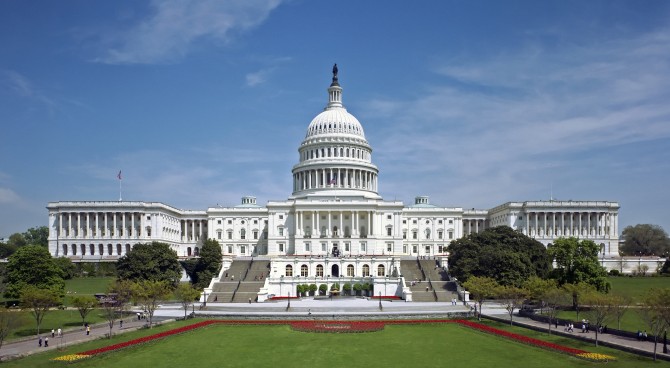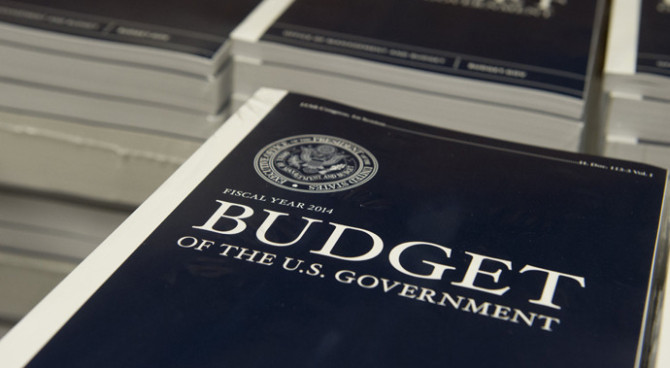Reforms intended to give a voice to small shareholders have instead let social activists hijack proxy votes.
Even in democratic governments constrained by constitutional limits, the interests of the governed and the governors don’t align well. Government is inefficient by its very nature, spending other people’s money and subject to the leeching effects of special interests. Corporate governance, in contrast, historically has been conducted by people spending their own money, subject to the will of shareholders with a common ownership interest in the company. Calvin Coolidge famously noted that “the chief business of America is business,” because Americans are “profoundly concerned with producing, buying, selling, investing and prospering in the world.”
But today government is working to remake the dynamic business sector in its own feeble image. Reforms to enhance shareholder rights made it easier for small shareholders to initiate votes, but the new rules mostly have helped interest groups with nominal stock ownership promote their political objectives at the expense of shareholders.
The rise of index funds, which own an ever-greater portion of U.S. stocks, raises the specter of a vast number of shares being voted by fund managers and their proxy advisers who don’t own the shares and may have a conflict of interest with the people who do. The Sarbanes-Oxley Act increased the proportion of independent directors on the boards of public companies, diluting the share of the board with a vested stake in good performance.
Today investors with a political agenda force major energy companies and banks to evaluate the impact of fossil-fuel bans, though no government has ever instituted such a ban. A Manhattan Institute study estimates that 56% of proxy resolutions in Fortune 250 companies last year dealt with social and environmental issues. Even when such proposals are repeatedly crushed by shareholder votes, the business operations of targeted companies suffer. And corporations sometimes bow to political pressure by granting concessions in return for dropping the resolutions.
The claim that investors can do good and well at the same time by investing in socially desirable objectives is reminiscent of Bill Clinton’s 1992 campaign proposal to invest private pension funds in chosen public projects. When even union pension funds refused to put members’ retirement at risk by making “publicly beneficial investments,” President Clinton opted in 1995 to use the muscle of housing and bank regulators. Federal agencies pressured private financial institutions and Fannie Mae and Freddie Mac to promote affordable housing with subprime loans. The outcome of this experiment in promoting the public interest with private money is now called the financial crisis.
Arguments for imposing political and social objectives on business often are little more than rationalizations for forcing businesses to abide by values that have been rejected in Congress and the courts. Activists increasingly attempt to disguise their values with the cloak of fiduciary responsibility.
The rise of passive investing presents a similar challenge to good governance. With the cost advantage that comes from investing based on formulas, resources have gushed into index funds, which today total 29% of all equity investment in America. Index funds are now the largest shareholders of 40% of all public U.S. companies. When an index fund participates in corporate governance, conflicts of interest can arise.
Since funds are voting their investors’ shares and not their own, they may be inclined to vote in a way that prioritizes their public image and fundraising above the performance of the company on which they’re voting. When BlackRock , Vanguard or State Street supports political resolutions, are they acting in the interest of their investors or themselves?
Court rulings and regulatory actions have undermined the requirements of fiduciary responsibility, which once protected investors against conflicts of interest. To restore those protections, the Securities and Exchange Commission should reverse the guidance it offered in its 2004 Egan-Jones letter and its subsequent ruling on behalf of Institutional Shareholder Services, which allows investment managers to use proxy advisers to escape responsibility for conflicts of interest. The SEC and Labor Department should revise their 1988 “Avon” letters to remove the mandate that investment managers must vote their fund’s proxies.
All actions of investment managers and proxy advisers should be subject to fiduciary standards, and activists should be held to the same liability standard as every one else for false and misleading statements. The SEC should raise the ownership requirement for offering resolutions not directly related to the firm’s profitability, and set a higher threshold for reoffering resolutions that previously have been rejected.
In restoring fiduciary responsibility, the SEC should follow a recent Labor Department bulletin clarifying that “fiduciaries may not increase expenses, sacrifice investment returns, or reduce the security of plan benefits in order to promote collateral goals.” Congress also should codify these changes, starting with Rep. Sean Duffy’s Corporate Governance Reform and Transparency Act, which the House passed in December.
America created the world’s most successful economy by allowing private wealth to serve private economic objectives rather than political ones. The politicization of business decisions threatens to bring the massive inefficiencies of government into the private sector, cheating investors, workers and consumers in the process.
We are all free to invest our own money to promote broadly defined objectives. But when fund managers and investment advisers cast votes with shares owned by investors, the investors’ interests must govern, rather than the interests of activists, managers or advisers. We became the richest, freest and happiest people on earth by letting American business focus on business. Political issues should be debated in Congress and state houses, not corporate boardrooms and shareholder meetings.
Mr. Gramm, a former chairman of the Senate Banking Committee, is a visiting scholar at the American Enterprise Institute. Mr. Solon is a partner of US Policy Metrics.
Appeared in the July 19, 2018, print edition.



